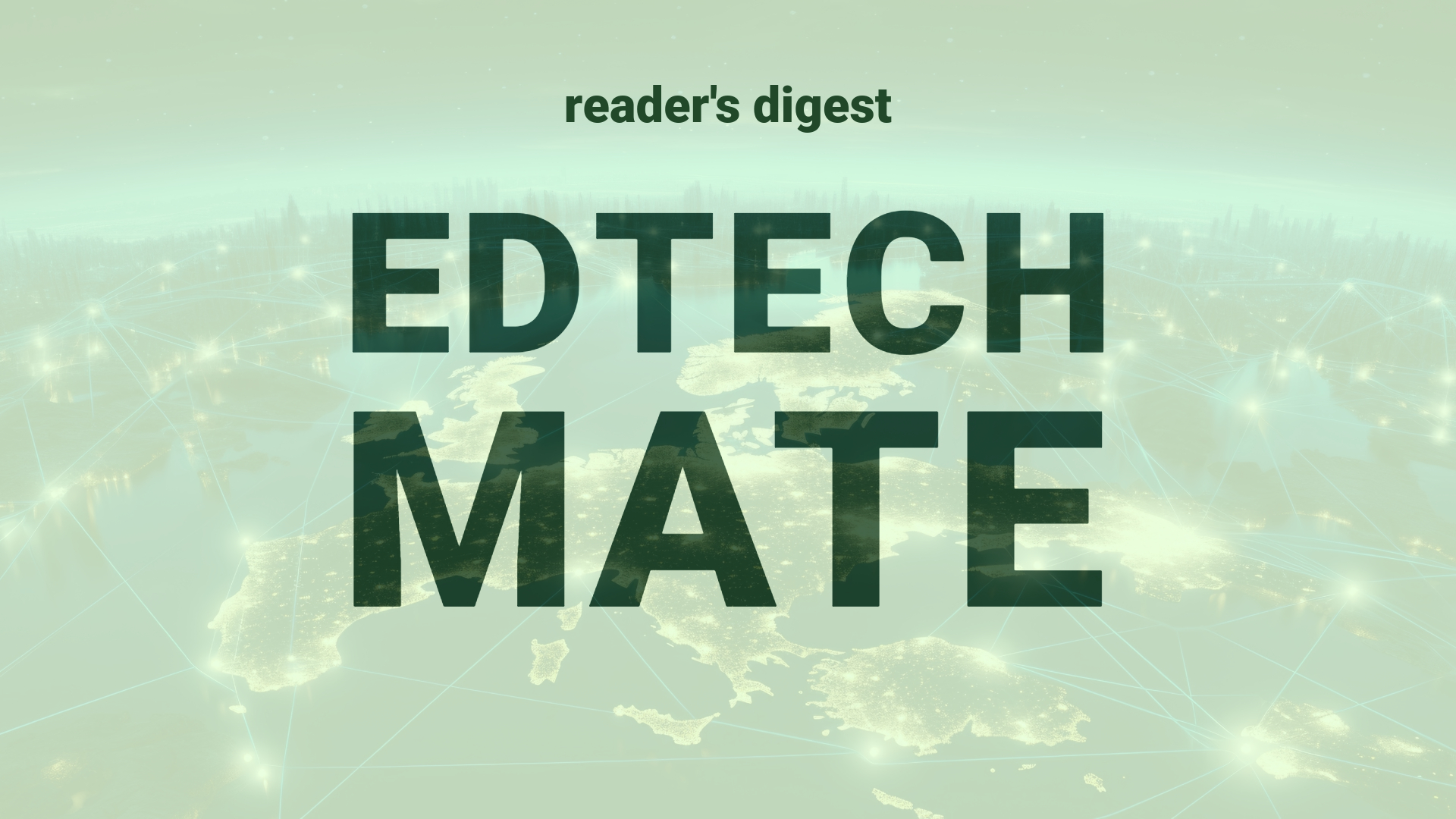Executive Summary and Main Points
As professionals transition to life stages such as becoming empty nesters, they encounter opportunities for reassessment and growth in their careers and personal lives. This phase presents an essential moment for self-reflection, professional development, personal interests reevaluation, and, importantly, a chance to embrace the freedom that comes with fewer familial obligations. Key innovations in the sector of international education emphasize the significance of strategic planning, mental space for creativity, continuous learning, and leveraging both physical and social resources for personal enrichment and career advancement.
Potential Impact in the Education Sector
In the context of Further Education and Higher Education, the potential applications of these life transitions can drive adult learning initiatives, fostering a demand for flexible learning pathways, such as part-time courses or online programs catering to professionals seeking to enhance or pivot their careers. For Micro-credentials, the trend underscores the need for modular and specialized courses that align with individual development plans. These transformations encourage strategic partnerships between education providers and industries to ensure the relevancy of curriculum offerings and the employability of learners in a dynamic job market. The digitalization of education enables this demographic to access a plethora of learning modalities, fitting education into their redefined lifestyles.
Potential Applicability in the Education Sector
AI and digital tools play a pivotal role in tailoring education to meet the needs of empty nesters and similar demographics. AI-powered recommendation systems can suggest personalized learning paths, while virtual reality experiences enable hands-on learning in a digital environment. Social platforms for peer-to-peer learning and networking utilize machine learning to foster communities of practice among professionals, whereas data analytics can identify skills gaps offering insight to both learners and educators. These technological advances create unprecedented access to global education systems and opportunities for lifelong learning.
Criticism and Potential Shortfalls
While embracing this digital transformation, it’s essential to manage expectations. Not all learners may be comfortable or adept at using new technologies, leading to a digital divide. Additionally, the reliance on technology raises concerns about data privacy and the commodification of education. International case studies reveal disparities in technology access and effectiveness, indicating that solutions need to be culturally sensitive and inclusive. Ethical considerations, such as algorithmic biases in AI tools, must be addressed to ensure equitable and beneficial outcomes for all learners.
Actionable Recommendations
Education leaders should consider developing clear guidelines for integrating technology into adult education programs, particularly focusing on user experience for non-digital natives. Building strategic international partnerships can help share best practices and resources, promoting a global standard for technology inclusion in learning. Institutions could also invest in professional development for educators to become proficient in digital tools and pedagogies, giving them the skills to guide adult learners effectively. Pilot projects involving AI and digital tools could be launched to gather data and refine approaches before full-scale implementation. Ultimately, policies must prioritize accessibility, personalization, and security to harness the potential of digital transformation in global higher education fully.
Source article: https://hbr.org/2024/05/how-to-rethink-your-career-as-an-empty-nester

